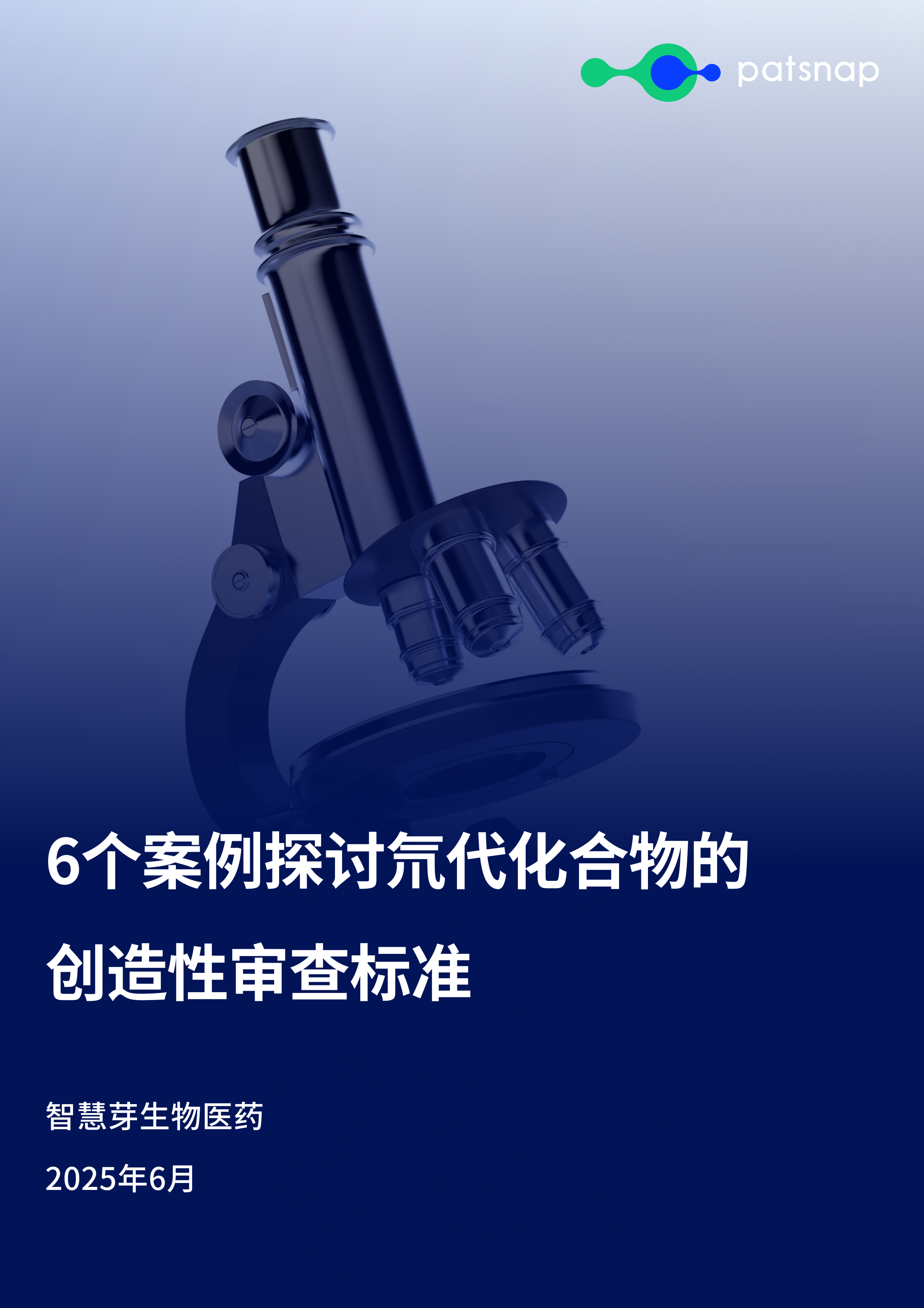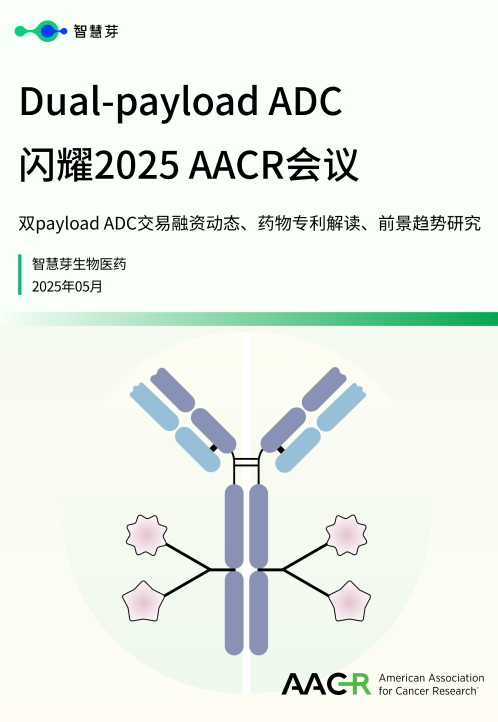预约演示
Trailing AstraZeneca and Merck, Junshi reports phase 3 ovarian cancer success for Lynparza rival
2023-04-12
临床3期临床结果上市批准引进/卖出
Junshi Biosciences plans to engage with regulators “in the near future.”
Junshi Biosciences has established its credentials as the next challenger for the increasingly congested Chinese PARP inhibitor market. A phase 3 trial of the candidate hit its primary endpoint, setting Junshi up to compete with products including AstraZeneca and Merck & Co.’s Lynparza for the ovarian cancer space.
Junshi Biosciencesrck won the first approval for a PARP inhibitor in China in 2019, but their monopoly onChinese PARP inhibitorChinese PARPwas short-lived. The next year, Zai Lab won approval for GSK’s Zejula and Jiangsu HengJunshiarmaceuticals got the green light to seAstraZeneca BeiGMerck & Co.theLynparzan May 202ovarian cancerave slightly different labels and, according to a 2022 paper, Lynparza and Zejula are the most widely used.
AstraZeneca thicMerckf competitors, Junshi sees an PARPrtunity for another PARP inhibitor. The Chinese drug developer secured access to a candidate, Zai Labib, in 2020 by forGSKg a joint ventJiangsu Hengrui PharmaceuticalsBeiGeneLynparzaZejula
At the time of the deal, Impact was Junshimonths into a phase 3 clinical trPARPdesigned to show senaparib extends progression-free survival when givesenaparibintenance therapy to BRCA-positive ovarianImpact Therapeuticster first-line chemotherapy. The top-line findings, released late Tuesday in the U.S., showed the primary endpoint met the predefined efficacy boundary.
The top-line data release lacks the figures behind the hit on the primary endpoint and details osenaparib drug candidate performed on other measures of safety and efficacy. JunshiBRCA-positive ovarian cancerile for approval, though, and plans to work with Impact to engage with regulators “in the near future.”
In the absence of data from the trial, it is hard to gauge how senaparib is likely to fare in a market with established incumbent products, but the little that is known poinJunshisome potential ways for Junshi and Impact to try to differentiate the treatment.
Jianjun Zou, president of global research and development at Jusenaparibled the trial as “the first phase 3 clinical study of a domestically developed PARP inhibitor that has achieved positive results foJunshinced ovarian cancer maintenance treatment following first-line therapy” in a statement. Zou added that the PARP inhibitor significantly extended progression-free survival regardless of BRCA mutation status. BRCA mutation, according to local pathological diagnosis, was on the inclusion criteria for the clinical trial.
AiRuiYi was the first domestically developed PARP inhibitor tJunshithe Chinese market, but its approval in 2020 was limited to patients with the germliPARPRCA mutation who had undergone second-line or abovadvanced ovarian cancerwas the first PARP drug approved in China in first-line and recurrent maintenance treatmPARPsettings regardless of biomarker status, but it originated outside of the country.
更多内容,请访问原始网站
文中所述内容并不反映新药情报库及其所属公司任何意见及观点,如有版权侵扰或错误之处,请及时联系我们,我们会在24小时内配合处理。
靶点
Eureka LS:
全新生物医药AI Agent 覆盖科研全链路,让突破性发现快人一步
立即开始免费试用!
智慧芽新药情报库是智慧芽专为生命科学人士构建的基于AI的创新药情报平台,助您全方位提升您的研发与决策效率。
立即开始数据试用!
智慧芽新药库数据也通过智慧芽数据服务平台,以API或者数据包形式对外开放,助您更加充分利用智慧芽新药情报信息。





